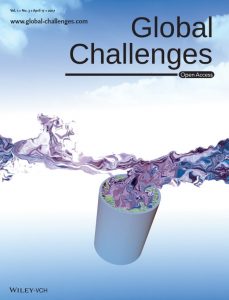Of the People, By the People, For the People — Linux for Human Beings
[youtube=http://www.youtube.com/watch?v=TFacRsGWZqQ&feature=related]
“Are we creating world peace or fundamentally changing the world? No,” he (Mark Shuttleworth, the founder of Ubuntu and Canonical) said. “But we could shift what people expect and the amount of innovation per dollar they expect.”
— New York Times
Most people’s impression on Linux is something mythical which only computer geeks are involved with, if they have even heard of the operating system before. In recent years, volunteers and tech professionals had devoted major effort in developing Linux distributions that are more user-friendly with lower entry barrier for people who are not familiar with programming and the “technology black-box.” Ubuntu is one of these distributions that received the most attention and success in the past four years.
The most important aspect of Linux is not only that it would create a competing environment to challenge the Microsoft monopolization in PC operating systems, but the very idea of “Free Open-Source Softwares.” Open-source literally means that the source codes of any software under the agreement are released to the public and open to change and alteration by anyone who are willing to do so. “Free” stands for “freedom,” that all users are free to use and personalized these softwares, most importantly, at no monetary cost.
In an era of burgeoning information technology, computer programs and the internet have became an essential part of networking and knowledge accumulation. While information is free and easily accessible through our home PCs, it is also materially and economically limited. Areas and regions with people who are unable to purchase high cost hardwares and softwares are excluded from this so called “technology revolution.” Recalling Jugen Habermas’ idea on the “public sphere,” an ideal environment for political and social engagement should be a space where all participants/citizens are able to the express their opinions freely and openly. Despite criticism against this ideal type, free open-source software could crack open the material boundaries of entering this “virtual public sphere” by requiring 0 cost on programs and technology. More people can be included internationally in political, social and technological engagement when the distribution and alteration of programs are unlimited. The freedom to personalized and customize programs to indigenous needs also creates more local agency.
However, since most programming languages are designed based on the understanding of the English language, would this further reinforce the English monopolization? And while the source codes are open and free, are the knowledge and information also as free and open? More importantly, the accessibility of the hardware that’s required?
(More information on hardware, please visit the OLPC project.)




